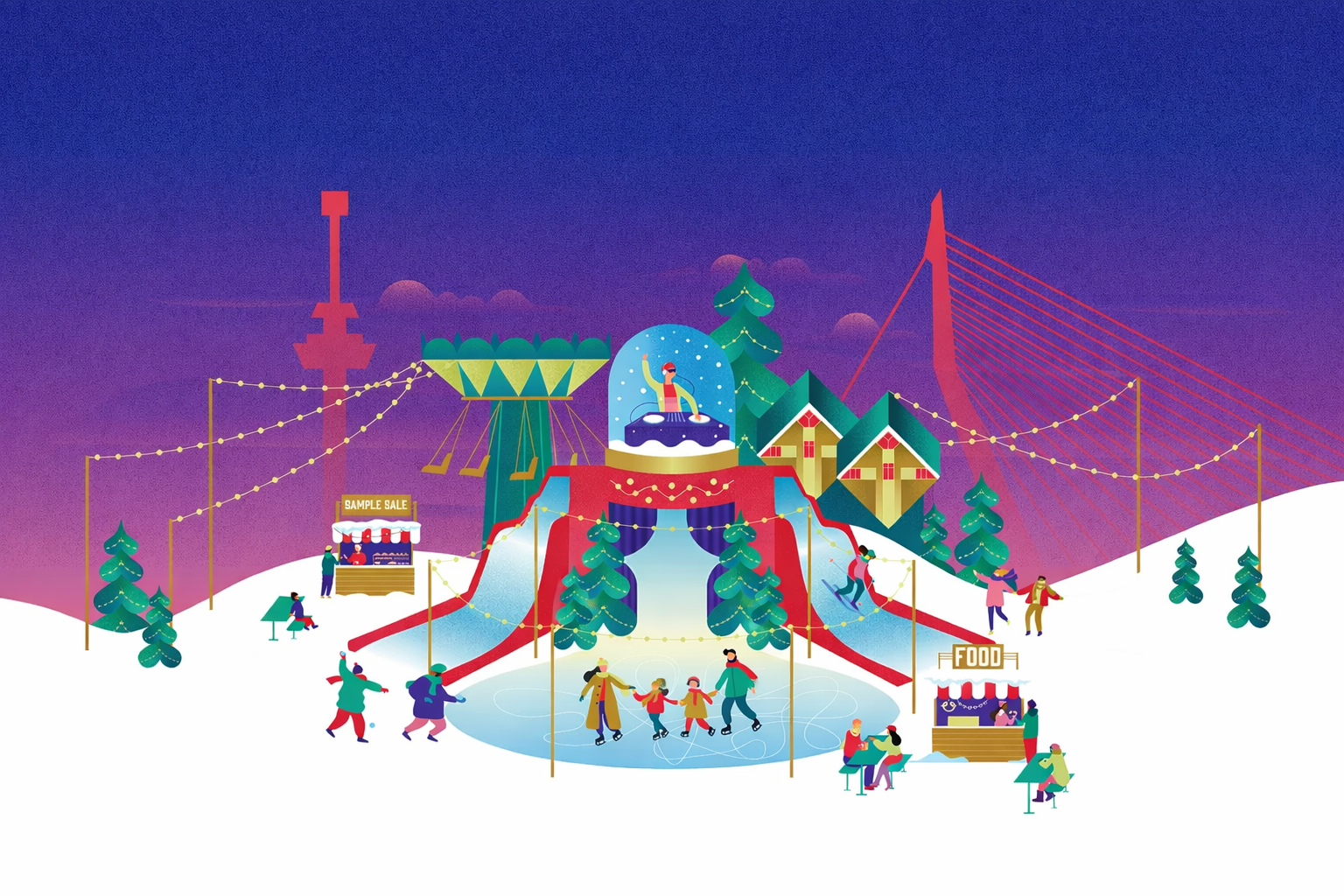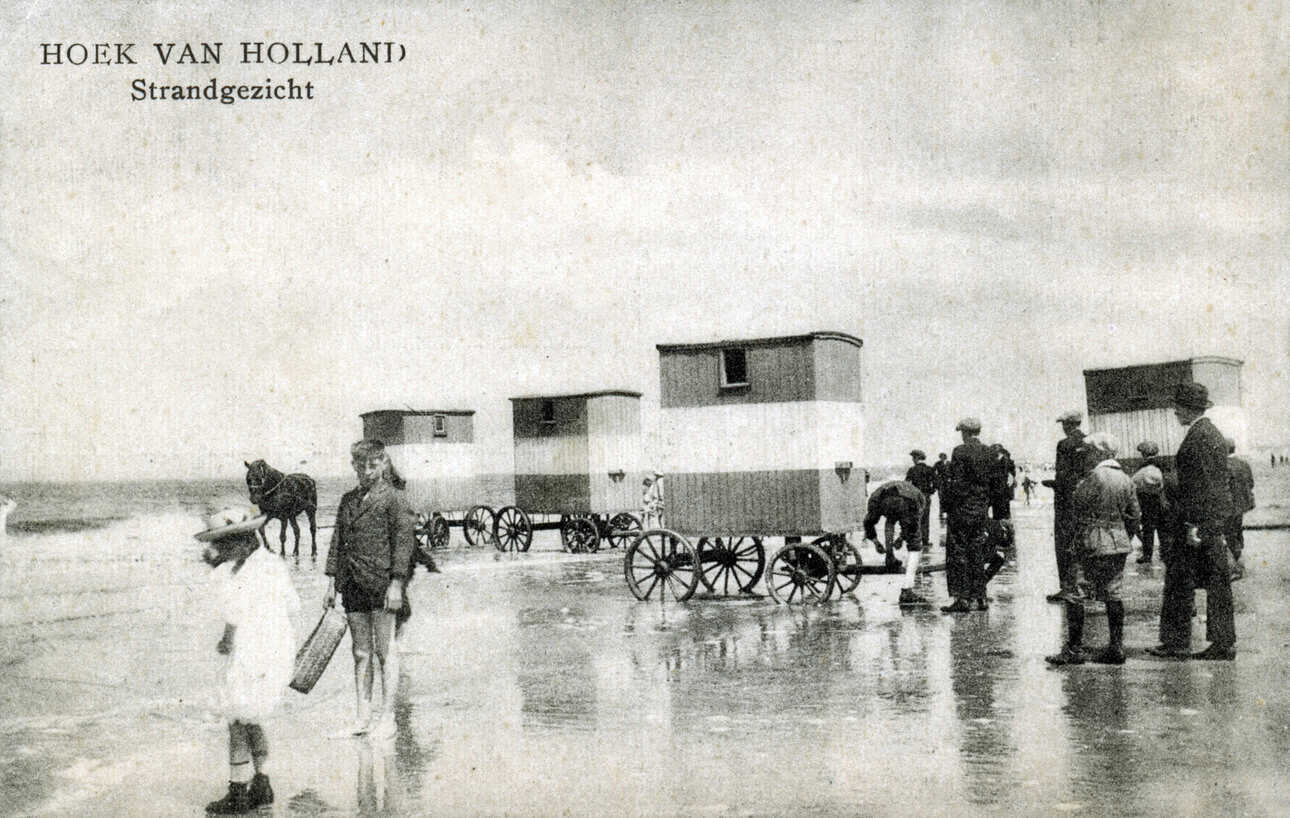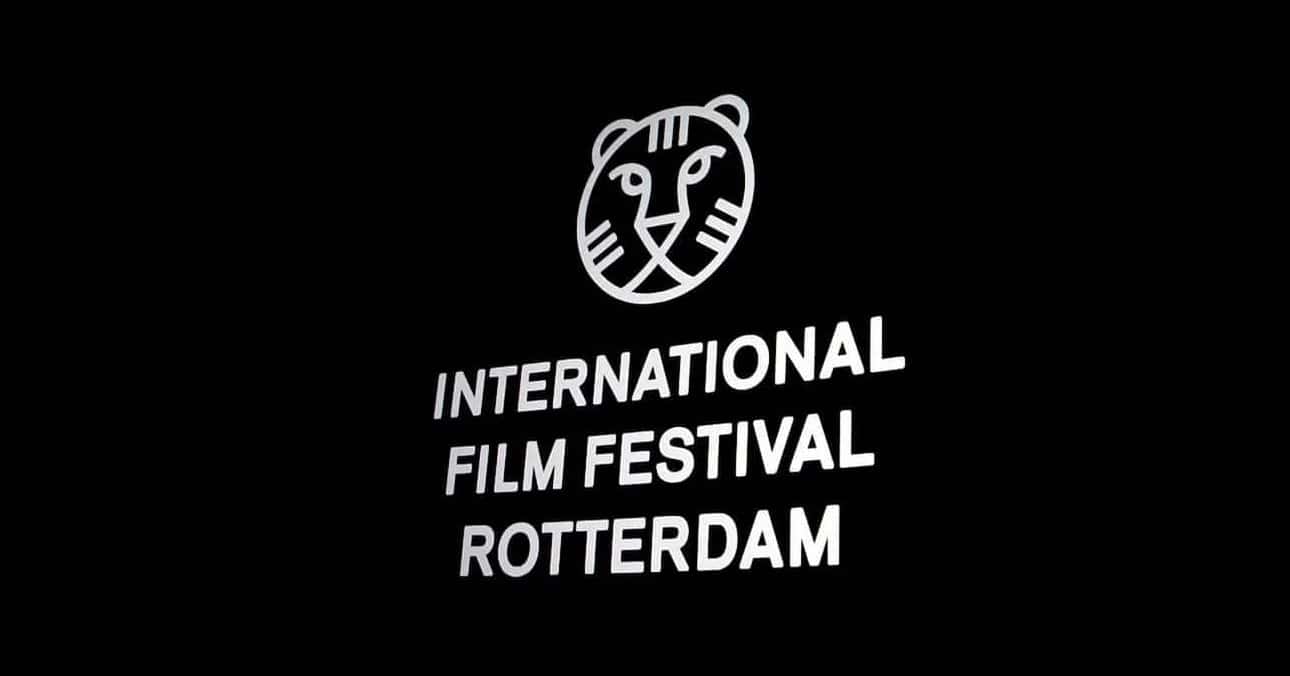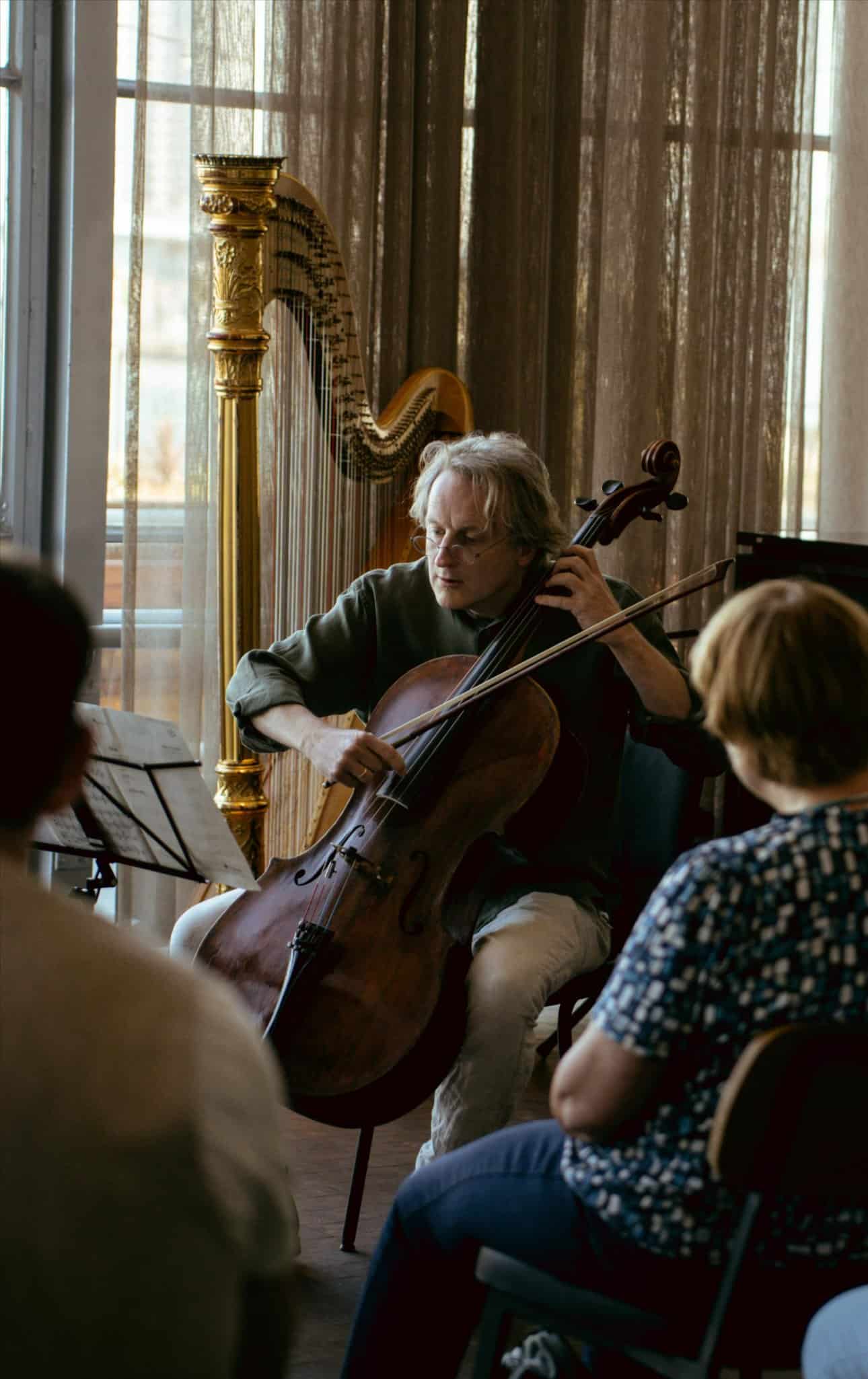HAPPENING 10–11 May 2025 | Windmills across Rotterdam and its surrounding towns will open to the public on 10 and 11 May 2025 as part of Nationale Molendag. Locals and visitors alike can explore these living monuments of Dutch engineering, some of which date back centuries.
National mill days 2025: explore working windmills in and around Rotterdam
The VriendenLoterij Nationale Molendag (National Mill Days) returns to the Netherlands on Saturday 10 and Sunday 11 May 2025. This annual event allows the public to step inside wind- and watermills—structures long woven into the Dutch landscape and identity.
In and around Rotterdam, a variety of historic mills will participate, including two right in the city, and several others in easily accessible neighbouring towns such as Schiedam, Delft, Kinderdijk and Dordrecht.
Rotterdam mills open to the public
Two windmills within Rotterdam will welcome guests: De Zandweg in Charlois and De Speelman in Overschie.
At De Zandweg, a 1723-built corn mill located in Rotterdam-Zuid, visitors can attend guided tours and live demonstrations by the miller. The mill is open Saturday from 11:00 to 16:00, and Sunday from 12:00 to 16:00.
At De Speelman, activities are scheduled for Saturday from 10:00 to 15:00. In addition to demonstrations and tours, visitors can enjoy pancakes, live music, children’s games, and a bouncy castle. The surrounding area offers walking and cycling routes that make it a pleasant day out.
Windmill daytrips just outside Rotterdam
For those keen on exploring further afield, several nearby towns offer compelling mill visits—all within an hour of Rotterdam by public transport or car.
-
De Walvisch, Schiedam – Known for housing some of the tallest traditional windmills in the world, Schiedam’s De Walvisch will be open both days.
-
Pendrechtse Molen, Barendrecht – This well-preserved mill is a classic example of a poldermolen, historically used to pump water from low-lying land.
-
Kyck Over Den Dyck, Dordrecht – The only remaining windmill in Dordrecht, dating back to 1713, used to grind grain. Its name roughly translates to “look over the dike.”
-
De Roos, Delft – Located close to Delft station, De Roos is one of the few city mills still operational in its original setting.
-
Groeneveldse Molen, Schipluiden – A classic polder mill in a rural landscape, ideal for combining with a scenic bike ride.
-
Nederwaard Molen No.2, Kinderdijk – Part of the iconic UNESCO World Heritage windmill complex, this mill offers a rare glimpse into 18th-century water management.
A closer look: the purpose of windmills in the Netherlands
Historically, Dutch windmills served two main functions: polder drainage and industrial production. Poldermolens were designed to manage water levels in reclaimed land—an essential task in a country where much of the land lies below sea level. These mills, some dating to the 15th century, played a crucial role in making Dutch agriculture and settlement possible.
Industrial mills, on the other hand, were often used for grinding grain, sawing timber, or pressing seeds for oil. The province of Zuid-Holland, and particularly towns like Schiedam, flourished during the 18th century partly due to these industrial windmills supporting the jenever (Dutch gin) industry.
A living tradition kept alive by volunteers
What makes Nationale Molendag notable is that the event is made possible by thousands of volunteers, many of whom are trained millers (molenaars), guides, or part of educational teams. These individuals are passionate about preserving and sharing knowledge of these historical machines—ensuring their continued relevance in a changing world.
The weekend is not only a chance to learn about Dutch heritage but also to experience the physical sensations of a working windmill: the creaking timbers, the grinding stones, the smell of fresh flour or linseed oil.
Directions to De Zandweg and De Speelman
De Zandweg, Charlois
This 18th-century windmill is located in the quiet residential district of Charlois. The area is accessible by tram, metro, or bicycle and offers a contrast to the busier parts of the city.
De Speelman, Overschie
Located in Overschie, close to Rotterdam The Hague Airport, this mill is easily reached by public transport and car. The area retains a historic village atmosphere, despite being incorporated into the city.















